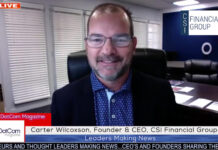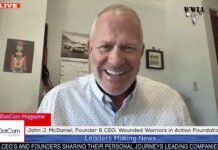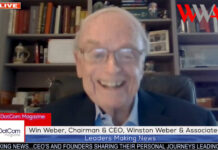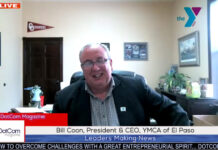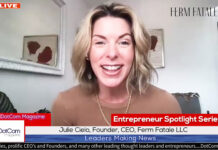No rule says remaining organized, mission-driven, and efficient have to come at the expense of creativity, even though these are the pillars upon which productivity is built. When it comes to creativity, time isn’t nearly as important as the quality of the work produced or the generation of original concepts. On the other side, productivity is about setting things in motion; it involves completing tasks efficiently and achieving goals in as little time as possible.
The relationship between inventiveness and productiveness – Creativity, rather than being a hindrance to productivity, actually boosts it in three ways: it encourages inventive thinking, establishes a culture of experimentation, and it helps people feel connected to a meaningful mission.
The working environment is undergoing shifts. There is no longer a correlation between time spent being creative and less productive; the two are inextricably linked. You can foster an environment at work that is conducive to developing new ideas and where the amount of success measures productivity attained rather than the amount of work performed.
Creativity is becoming an increasingly valuable advantage in the workplace, both on an individual level and a group one. The World Economic Forum predicts that nine out of ten abilities that global CEOs predict will be crucial for 2020 and beyond are directly tied to creativity or include creativity in some way. Being creative improves one’s ability to solve problems, as well as one’s self-confidence and ability to work with others. Here are three ways that you may start cultivating creativity in your company right away:
Inspire Creativity and Leadership
Suppose you give your team a greater degree of responsibility and autonomy in the execution of projects. As a result, more ideas will be developed, and a sense of ownership will build better confidence in one’s abilities. Weekly one-on-one meetings with his manager are credited by Danny Groner, a Forecast Labs marketing director, as the most critical factor in his development as a creative. Groner’s management gives him free rein over the meeting agenda rather than requiring him to run through a list of to-do items or other topics on the agenda.
“Because I am steering the conversation, I can be the most creative,” Groner says. “He gives me direction with no ask rather than direction with an ask. That distinction is crucial because, during our weekly 1:1s, I can learn rather than move through a to-do list.”
Groner also mentioned that the training has improved his self-assurance and self-sufficiency in his abilities, in addition to demonstrating to him how he is contributing to the broader organization rather than “working in a vacuum.”
Movement:
For a long time, walking has been recognized as one of the oldest and most dependable sources of new and unfettered thought. Studies have shown that Steve Jobs was correct in his belief that having “walking meetings” with coworkers and collaborators is an effective way to develop connection and creativity in the workplace. According to research conducted at the Harvard Medical School, participants in walking meetings have a 5.25 percent higher chance of being innovative and an 8.5 percent higher chance of being engaged. Furthermore, Stanford University researchers found that walking resulted in a 60% increase in creative thinking. The brain receives a boost of energy whenever there is any movement, regardless of how long or where it occurs.
“I can attest that my best thoughts are generated during or right after a walk!” says Tracy Tilson, president and founder of TilsonPR, who added that her last business endeavor idea came from a walk.
Embrace Failure:
Creativity and failure are integral parts of the commercial world. But acknowledging that you made a mistake is a difficult thing to do, especially in the job. Individuals will be able to learn from their failures and will not feel discouraged to try again if they are given constructive and encouraging feedback, as well as space in which failure can occur.
Graham Henshaw, executive director of the Alan B. Miller Entrepreneurship Center at William & Mary’s Raymond A. Mason School of Business, stated on the W&M Leadership and Business podcast that “once [employees] see, firsthand, the value of putting out what we call a ‘low-resolution prototype’ and getting feedback from a key constituent, and seeing how that directs the next step, people start to become believers in that process.” “[Innovators must have] an openness to risk… You’re not afraid to put yourself in situations where you could end up failing, as long as you absorb whatever you can from those experiences and keep moving forward, “he continued.
As originally reported in https://www.entrepreneur.com/article/431601







